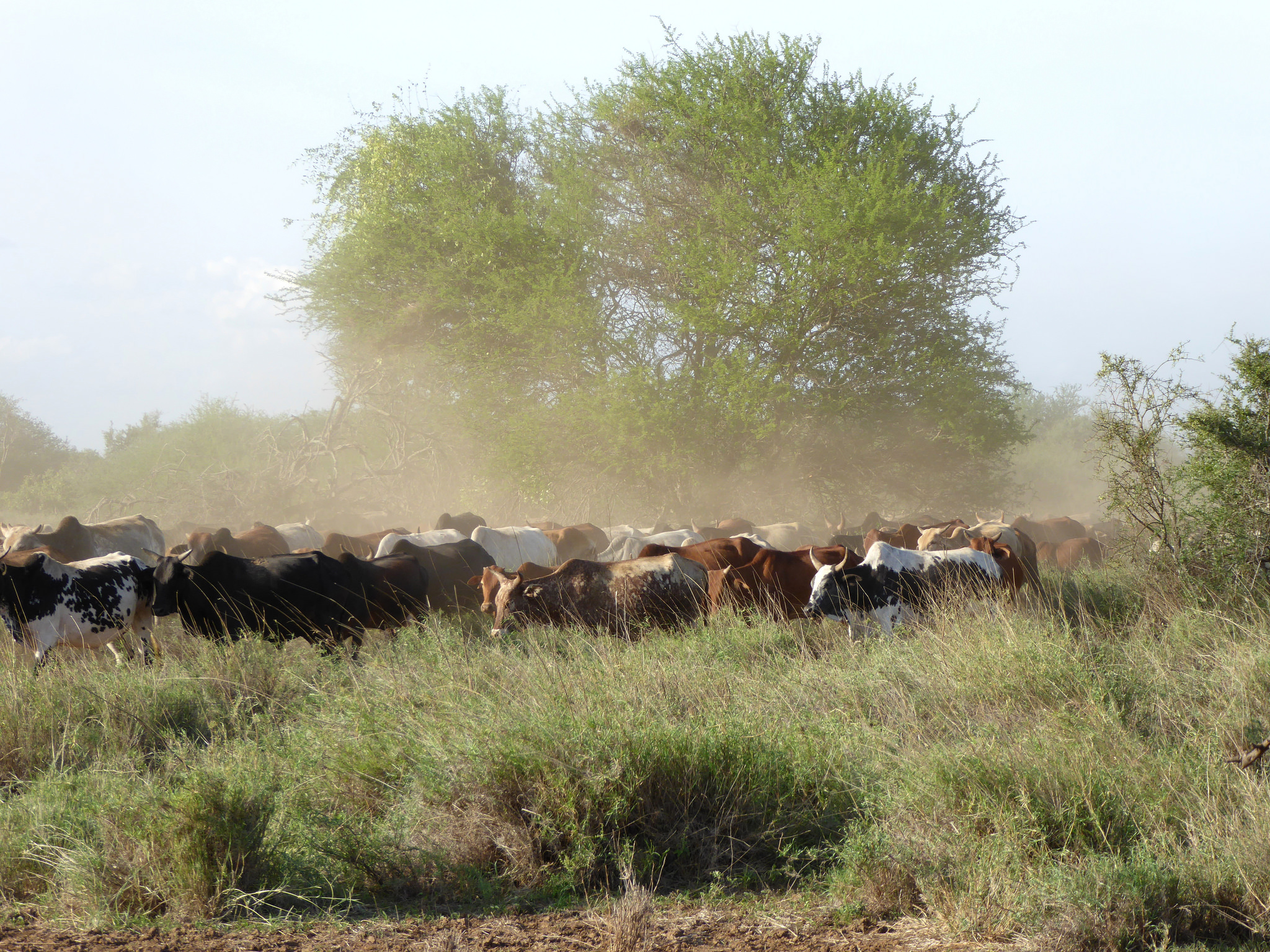Kenya has been experiencing a series of prolonged droughts followed by shortages of water, pastures and crop failure which has destroyed the livelihood of the rural population majority being women who rely on rain fed agriculture for the income.
“I started selling firewood when I was young, trees were all over and we could collect outside our homestead,” says Easther Tuiya, a 63-year-old mother of eight.
Like many women in rural Kenya, she began selling firewood and charcoal as a teenager. It was a particularly good way to get through drought periods, when farming didn’t pay.
But in this part of Africa, climate change has aggravated the cyclical droughts. Growing food crops has become increasingly challenging and more women are looking for alternative ways to survive, crowding the market for firewood and stripping the landscape around Tuiya’s village of Motony, west of Nairobi.
Twenty years ago the area was full of trees but it has been cleared leaving only bare and dusty ground. Getting trees for firewood isn’t easy any more, she says. “Nowadays those who are going on with the trade travel 80km and the more distance you travel it increasingly becomes unsafe for women.” So after a lifetime, she has packed it in.
Climate weekly: Sign up for your essential climate news update
In 2012, Tuiya joined the Elenerai Cooperative Women Society. The group largely consists of former firewood and charcoal traders. Through dairy farming, tree planting and rain water harvesting project, they are slowly rehabilitating the landscape and building its resilience against drought.
Each member of the cooperative started by contributing KS 3,000 (US$29) to a kitty for the purchasing of dairy cows.
“We started as a merry-go-round by planting trees, nippier grass and buying a cow for each member, now I have almost two hundred trees and I no longer rely on firewood and charcoal for money,” says Tuiya.
Women were trained in dairy farming management through the support of the Netherlands Development Organisation (SNV). This helped them improved the dairy’s milk yield to 3,500L per day.
The introduction of dairy farming diversified the women’s sources of income as well as healing the degraded landscape of the Mara Basin. Each member constructed an underground water tank, which reduced watering of animals in the river – a cause of erosion. The replanting of trees, as well as the reduction in the number of women collecting firewood, is also bringing new life to the basin.
As its dairy business has grown, ancillary services are required. Josphene Kirui, a member and also treasurer of the society, left the firewood business and started a food kiosk at the group’s dairy premises. “I’m a treasurer and the group gave me an opportunity to start my own business. I no longer go to the hill for charcoal business.”

The charcoal and firewood market got oversupplied, stripping areas of their trees (Pic: Center For International Forestry Research/Jeff Walker)
In Kenya, it is rare for women to take part in farming, let alone run their own dairy. According to the UN Food and Agriculture Organisation, giving women equal access to agricultural resources could increase production in developing countries by 20-30%, raise total agricultural production by 2.5-4%, and reduce the number of hungry people in the world by 12-17%. That’s 100-150 million people who would have enough food as well as be more resilient to climate change.
Richard Langat, the chairperson of the women’s group, said common traditions confined women to water collection and firewood harvesting. “The firewood business was becoming risky to these women and also destructive to the environment, so I saw the need of helping and organising them to come up with business ideas that can help them earn a living as well as taking care of environment,” he said.
On 6 May, Kenya’s Climate Change Act became law. The act provides a framework for action that promotes low carbon, climate resilient development in Kenya. The guidance issued alongside acknowledges the importance of ensuring that women are support to gain equal access to the country’s natural resources for sustainable development.
In this community where women do not traditionally participate in resource management and decision making, women have made a paradigm shift in regards to gender role and the perception of their place in society.
“I was uncertain about this project when she bought her first cow, planted grasses and trees,” says Arap Tuiya, Esther’s husband. “Nowadays we have milk, no longer travel looking for grass and water for our cattle. In fact I have given her land to manage and she is always around at home, unlike when she was in the firewood business.”
“Previously, sometimes, I didn’t have anything to give my children, only wait for my husband to give us, but now I can help him buy food and we are now living peaceful,” said Norah Tangus, another of the cooperative members.
